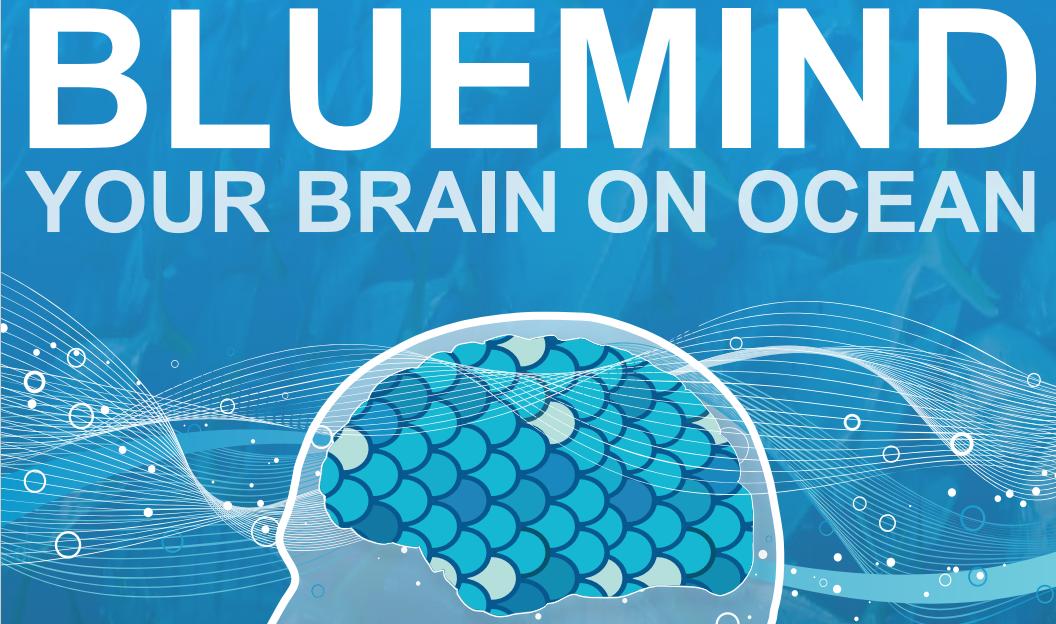Live Blue Blog
Creating words that change minds for good.
Broadly, the topics that interest me are water, wellness and wildlife -- with a healthy dose of wonder in the mix.
Specifically, I'm interested in learning about how others are creating common knowledge and changing conversations - and the world - for good.
Support my work via Patreon, where I actively post updates.
Ocean In A Box
Posted on Oct 16th, 2014
Open any ocean text, article or popular book and you'll find a familiar refrain about why the ocean is important and in need of protection. You'll find the same song sung in the first few minutes of just about every ocean film, PSA or keynote lecture.
It goes something like this: 71% of the planet is ocean, it gives us jobs, a place to recreate, drives our economy, provides energy, protein and oxygen, and maybe there are undiscovered pharmaceuticals waiting to be found.
You know the tune, you've heard it before. Go ahead, google: "ocean, jobs, oxygen, food" and sing along.
No doubt, this is a mission critical list of life giving blue ecological services and an important set of facts at that. Take away any one of them and we're all in big trouble and feeling the pain.
Here's the "ocean in a box" clipped driectly from a typical text:
Box 1.1 Planet Ocean
• Over 70% of the Earth's surface is covered by oceans
• Oceans are home to 80% of the world's biodiversity
• About half of the Earth's human population lives in coastal regions
• 10% of the Earth's surface is covered with marine ice
• Oceans produce over 50% of the oxygen in the atmosphere
• Only 2.9% of the world's oceans are protected
• Less than 0.2% of the high seas are protected
(UNESCO 2012, see: http://whc.unesco.org/en/guidelines)
Into this box of ocean percentages we then typically throw a healthy dose of fear and guilt. These missives (missiles?) arrive in my email INBOX each week by the scores. I've grown tired of reading them and despite my strong interest in this theme, they totally stress me out.
Stats and Information + Fear + Guilt + Shame = A Club I Don't Really Want To Be a Member Of (says the majority of people). The result: delete and ignore for the most part. Stress and red mind, a worst case scenario. Our brains under chronic stress are sapped of creativity and empathy, full of fight or flight (and cortisol).
It's hard to make the ocean boring. VERY hard. But we're doing our best. I think we can do better. The ocean provides so much more than food, jobs, megawatts and oxygen. The percentages we rattle off out of context are simply boring information and filler in comparison to the fullness of what people experience and know themselves.
A partial list of additional "ocean services" would include romance, nostalgia, creativity, inspiration, solitude, togetherness, happiness, relaxation...
This is what people of all kinds relate to most, I've found. Ask "what is YOUR water?" or "where did you fall in love with the ocean?" Then sit back, relax and listen to what matters most to people. It goes far beyong jobs, food and oxygen...not surprisingly you may not hear those words spoken at all!
Lead with a conversation about the importance of the "Blue Mind" emotional, cognitive, social and psychological benefits provided by healthy oceans and waterways. Save the mind numbing stats as well as the fear and guilt for later.
[If uninformed scientists push back on the fuzzy" or "touchy feely" nature of your ideas, please refer them to recent research emerging from medical schools and neuroscience departments around the world focusing on these "blue space" ideas.]
In other words, let's get out of our dry imaginary Ocean Box and swim free with our blue minds.
I think we'll find the blue movement is becoming bigger and healthier as a result.

To post a comment, please login.
View this profile on InstagramDr. Wallace J. Nichols (@wallacejnichols) • Instagram photos and videos
What's New
Rochester Women's Magazine
If You Want To Heal, Find Water
Where did our water come from? One theory is from comets and asteroids nearly 4 billion years... continue
New Trader U
The Science Behind The Ocean's Effect On Our Brain
The ocean has long been a source of fascination and wonder for humans. Its vast expanse, rhythmic waves... continue
Red Bull: Understanding the Blue Mind Theory: How water influences our well-being
Read ahead to learn all about this potential mind-body-water connection.
Red Bull surfer Kai Lenny will take any chance he can get to spend time in the sea. &ldquo... continue
